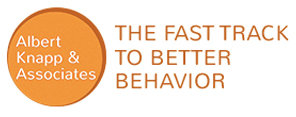Autism is a condition that affects the nervous system and is found generally early in a child’s life. It affects the development of language and social interaction skills. In almost all cases, autism has been shown to affect speech patterns and even motor skills. Some children will develop normally and somewhere around one to two years, skills they have already learned will rapidly decrease. This is referred to as regressive autism. While autism is a neurological disease, there is not one specific type. Autism is a spectrum disorder meaning that there are several different types and the severity depends on where you lie on said spectrum.
Epilepsy is also a neurological disorder that causes seizures. Even though the relationship between epilepsy and autism is difficult to understand, it is a known fact that seizures are common in people with autism.
There are two types of seizures typically seen in individuals with autism. One is clinical seizures and the other is silent seizure activity. Almost one-third of individuals with autism develop clinical seizures. It is described as a regular epileptic seizure.
Although seizures can begin to occur at any time, adolescence and infancy are when they are usually seen. Silent seizure activity typically shows no symptoms at all and consist of reoccurring electrical discharges in the brain. Almost two-thirds of individuals with autism have these.
Once seizures develop in someone with autism, the likelihood of them going away is small. Professionals are unsure if silent seizure activity will subside on its own. Some evidence is shown that with treatment or as the brain matures silent seizure activity will go away. The treatment of an individual with epilepsy and the treatment of someone with autism and epilepsy is typically the same.
The treatment of clinical seizures will not work as well or at all on the treatment of silent seizure activity. There are some seizure medications and certain diet therapy that seem to be efficient in controlling or stopping silent seizure activity. Certain steroids and other types of therapies are also used in hopes of stopping seizures in individuals with autism.
Source: http://www.progressiveneurology.com/autism


Recent Comments